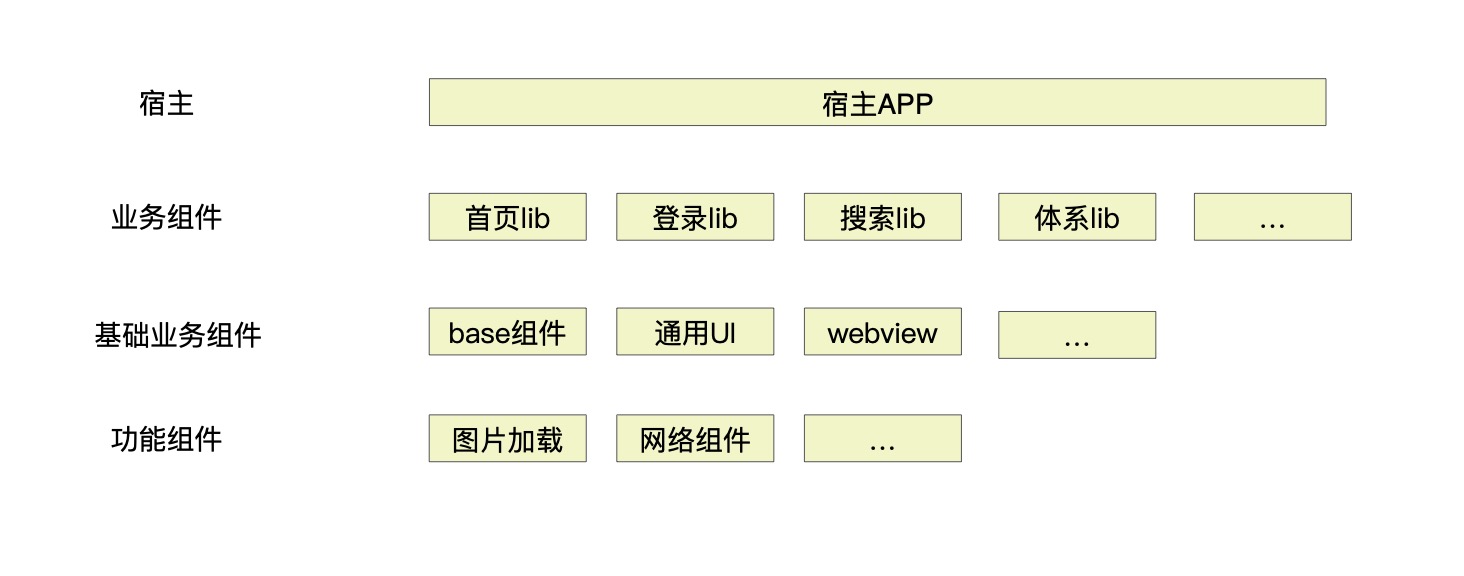Kotlin(let,with,run,apply,also)函数详解
Kotlin的普及有一段时间了,但对let,with,run,apply,also的函数概念还是不清晰,大部分只是使用let,其他函数使用频率很低。
函数定义
| 函数名 | 实现 |
|---|---|
| let | fun T.let(block: (T) -> R): R = block(this) |
| with | fun with(receiver: T, block: T.() -> R): R = receiver.block() |
| run | fun T.run(block: T.() -> R): R = block() |
| apply | fun T.apply(block: T.() -> Unit): T { block(); return this } |
| also | fun T.also(block: (T) -> Unit): T { block(this); return this } |
使用场景
网上总结了一个Active图,描述了所有函数的使用场景

1.png
分类
从源码角度来看其实我们可以先简单分为两类
1. 需要返回操作对象
| 函数名 | 实现 |
|---|---|
| apply | fun T.apply(block: T.() -> Unit): T { block(); return this } |
| also | fun T.also(block: (T) -> Unit): T { block(this); return this } |
2. 需要返回运算结果
| 函数名 | 实现 |
|---|---|
| let | fun T.let(block: (T) -> R): R = block(this) |
| with | fun with(receiver: T, block: T.() -> R): R = receiver.block() |
| run | fun T.run(block: T.() -> R): R = block() |
第二类其实可以简单的理解为let+with=run
几个特殊的场景
class User {
String name;
String nickName;
int age;
int sex;
Address address;
Father father;
}
class Address {
String address;
int code;
}
class Father {
String name;
}需要返回操作对象
java
if (user != null && user.father != null && user.address != null) {
print(user.father.name);
print(user.address.address);}kotlin
user?.apply {
print(father?.name)
}?address?.apply {
print(address)
}需要返回运算结果
java
user.name = "xxx";
user.nickName = "xxx";
user.age = 10;
user.sex = 1;
if (user.address != null) {
user.address.address = "xxx"
}kotlin
var user:User?user?.run{
name = "xxx";
nickName = "xxx";
age = 10;
sex = 1;
address}?.run {
address = "xxx"}总结
如果不改变返回值使用also或apply
如果是设置属性值使用apply或run,作为参数运算使用also或letwith基本可以不用









评论